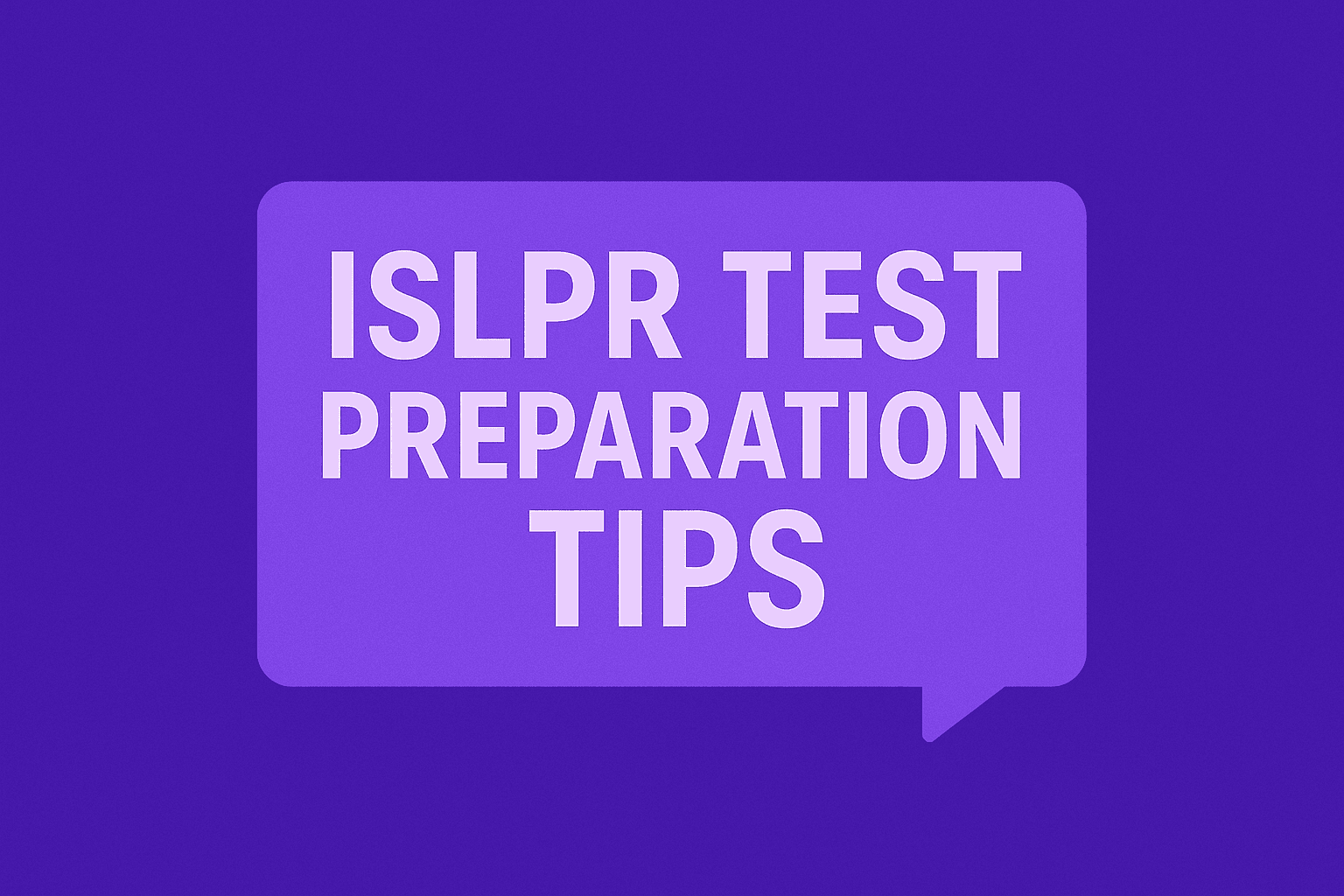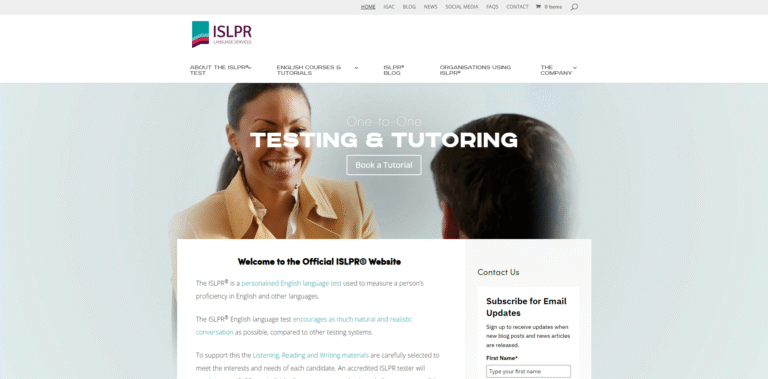Many teachers do everything they are supposed to do. They study for months, spend the money, and sit for the IELTS exam, totally convinced it is their only ticket to getting their teacher registration. When that does not work out, they do it all over again for the PTE.
The result is pure frustration. It is a feeling of being completely misunderstood and unfairly judged. And then comes the slow realisation that this system is not actually built for them. It is failing qualified, skilled professionals, people whose entire careers are built on clear communication.
If you have ever felt that your English is strong, that you can command a classroom, but you just cannot seem to beat these tests, then this is for you. This is not just about why so many are walking away from IELTS and PTE for good. This is about showing a better way. A path that is more logical, more respectful, and one that many wish they had known about from the get go.
The Fundamental Flaws of the System
Before jumping to the solution, it is important to talk about the problem. Because it really is not the individual, it is the tests. The whole idea behind them is flawed, especially for professions like teaching. For years, people have been sold the idea that a high score on a generic test is the best way to measure language skills. But let’s break down why that is not true.
First, let’s talk about the nightmare of subjective scoring, especially in IELTS. A teacher walks into the speaking test, their career on the line, and their fate feels like it rests in the hands of one person. Now, IELTS says they have quality control and moderation to keep scoring fair, but on the day, it is just the candidate and an examiner. Maybe the examiner is having an off day.
Maybe they just do not connect with a particular accent. Maybe the topic they throw out, something abstract like “describe your favourite piece of art”, has absolutely nothing to do with the ability to explain a complex idea to a teenager.
The writing section is not much better. Test takers have to write a 250 word essay on the pros and cons of urban development. This whole system rewards a specific, academic style that is often completely disconnected from the practical communication a teacher needs every single day. It is not a measure of professional ability; it is a performance of a very narrow skill.
That brings us to the second major flaw: the irrelevance trap. IELTS and PTE are designed as a one size fits all test for everything including university, immigration, and professional registration in dozens of different fields.
But the way a software developer needs to communicate is completely different from how a primary school teacher does. So why are they all taking the same test? Many teachers spend weeks memorizing vocabulary for topics like space exploration and environmental policy, knowing their real world English is all about classroom management, parent teacher conferences, and explaining the curriculum.
These tests do not check if you can communicate in your profession; they check if you can discuss generalized topics you might never touch again. It is a profound and expensive waste of time.
Third, the pressure cooker environment. These tests are not designed to get the best out of people; they are designed to be run as efficiently as possible. The strict timing, the clunky computer interfaces for PTE, the cold, sterile exam rooms, it is an environment built for anxiety.
With PTE, you are speaking into a microphone, trying to describe a chart while hearing a room full of other people all around you doing the same thing. That is not a test of communication; it is a test of your ability to perform under extreme, unnatural stress.
Real communication is about connection and clarity, not reciting templates into a machine faster than the person next to you.
And finally, for years, it has been a one shot deal. An entire professional future hanging on a single, three hour performance. We all have off days. But in the world of these tests, an off day could cost hundreds of dollars and months of waiting.
To be fair, IELTS has introduced a ‘One Skill Retake’ in many countries, which lets you redo one section. It is a step, but it feels like putting a band aid on a much bigger problem. It does not change the fact that this is a multi million dollar industry that profits from stress and repeat attempts.
It still feels like a system designed to filter people out, not to help them succeed.
The Turning Point – Discovering a Better Way
Many teachers find themselves at their wit’s end. They have the qualifications, they have the experience, but they are stuck at this one, arbitrary gate. They start to feel like frauds in their own profession, not because of their skills, but because they cannot perform the very specific circus tricks these exams demand. Many are on the verge of giving up, maybe even looking for a different career.
And then, in a forum full of other frustrated teachers, they find something. A different path. An English test that is not for the masses, but is specifically made for professionals. A test that is not about gaming a system, but about genuinely showing skills in a context that actually matters.
That discovery is the International Second Language Proficiency Rating, or ISLPR for short. And learning how it works is like a lightbulb going off. Many realize they are not the problem; the system they were trying so hard to fit into is.
The Solution – A Test That Respects Professionals
So, what is ISLPR, and why is it such a game changer, especially for teachers? To be clear, this is not just a slightly easier IELTS. It is built on a completely different idea of what testing should be.
ISLPR focuses on your profession
The first, and most important, difference is that ISLPR is focused on your profession. Instead of asking about random, general topics, the test is tailored to your field. For teachers, that means the assessment is all about the world of education.
You are not talking about art galleries; you are talking about classroom scenarios, curriculum, and student engagement. It tests the language you will actually be using. This is a total revelation for many. For the first time, they can show what they know in a context that is actually relevant to their career.
ISLPR Mirrors Reality
The second huge difference is the evaluation itself. IELTS and PTE put skills into four separate boxes: reading, writing, speaking, listening.
But ISLPR does a holistic, integrated evaluation. It gets that in the real world, especially in a classroom, these skills are not separate. A teacher is listening to a student, thinking, checking a textbook, and speaking an answer all at once.
The ISLPR interview mirrors this reality, assessing how you use language as a whole person, not as a set of disconnected parts.
ISLPR Speaking Is relevant to Your Profession
Now, let’s talk about the speaking test, because this is where the difference is night and day. Forget the stiff, one way interview in IELTS or talking to a computer for PTE. The ISLPR test is a one on one conversation with a trained tester that feels more like a professional chat than an exam.
And here is the best part: you have flexibility to talk about topics related to your teaching area. This lets you show off your expertise and your ability to communicate complex ideas in your field, which is exactly what a registration board should care about. It is an assessment that empowers you
ISLPR for Teacher Registration and teacher skills assessment
Crucially, for teachers in Australia, ISLPR can be used for two vital purposes: for teacher registration with the various state and territory boards, and also for the teacher skills assessment with the Australian Institute for Teaching and School Leadership, known as AITSL.
For New Zealand, its acceptance can be more limited, so it is absolutely critical to check directly with the specific board you are applying to. But for many teachers, it is a direct route that avoids the frustrating loop of failing and retaking a generic test that was never really built for them.
Challenges with ISLPR
Of course, no test is perfect. The main challenge with ISLPR is that it has fewer test centres and prep materials than the big two. It is not the mass-market fast-food chain of English tests; it is more like a specialist clinic. It takes a bit more effort to find a centre and prepare, but the payoff is a test that is fairer, more relevant, and way more respectful of professional skills.
Conclusion
Are you one of the thousands of qualified, skilled teachers who has been made to feel like you are not good enough by the IELTS or PTE system? Have you spent countless hours and dollars trying to crack a test that has nothing to do with your actual abilities? Share your story in the comments below. Let’s build a community, because you are definitely not alone in this.
For years, many have believed a lie. The lie that their worth as professional communicators could be boiled down to a single band score. They let a flawed system control their confidence and their career. Ditching IELTS and PTE is about more than just finding an easier test; it is about reclaiming professional dignity.
ISLPR offers an alternative that is holistic, contextual, and relevant. It measures what actually matters: the ability to communicate effectively as a teacher. It is an assessment that sees you as a professional, not a candidate number. It still requires preparation, yes, but it rewards genuine communication skill, not just test taking tricks.
If you are a teacher struggling with this, you are urged to look into it. Do your own research, check the requirements for your specific registration board, and see if this is the right path for you.
Do not let a broken test define your future. Your skills are valid, your English is valuable, and there is a better way to prove it.
Thanks for watching. If this content helped you, please think about subscribing for more content that challenges the old ways of doing things. And make sure you share this with any other teacher you know who might be stuck in that same frustrating cycle.









 How To Write A Personal Statement For A Scholarship
How To Write A Personal Statement For A Scholarship